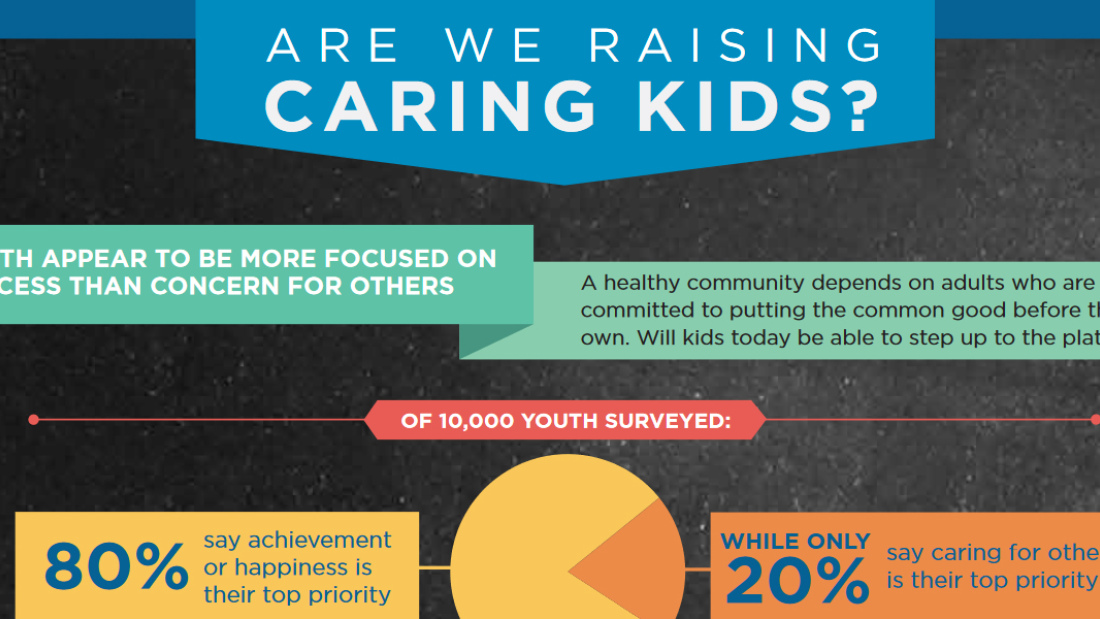The Power of Caring

Before celebrity parents made news by paying bribes to boost their children’s college admissions chances; before we fully grasped the FOMO-fueled pressures of social media in teens’ lives; before it became desirable in some high schools for students to do not just one or two AP classes but four or five — before all that, researchers at the Harvard Graduate School of Education were realizing we had a problem on our hands. Somewhere along the way, our societal lens seemed to shift from prioritizing young people’s ethical character and their sense of caring for others to prioritizing (or fixating on) their achievements.
Fueled by the principles of empathy and fairness, Making Caring Common helps schools and families put children’s ethical development at the center.
Developmental psychologist Richard Weissbourd explored this shifting ground in his influential 2009 book The Parents We Mean to Be: How Well-Intentioned Adults Undermine Children’s Moral and Emotional Development. He wanted to rebalance the scales, so he partnered with HGSE colleague and fellow developmental psychologist Stephanie Jones to launch the Making Caring Common project at the Harvard Graduate School of Education in 2013.
Making Caring Common made an immediate impact with its 2014 research report, The Children We Mean to Raise — a report whose aftershocks continue to be felt today. The findings revealed the extent to which young people had internalized the achievement pressure, valuing personal success over concern for others, and believing that their peers did as well. It set off alarm bells among parents, educators, and policymakers.
A Washington Post piece that shared Making Caring Common’s five strategies for raising kind kids went viral. The report's findings were discussed on Good Morning America, in the Washington Post, and on NPR, among many other media outlets. MCC’s school-based strategies to promote caring and empathy — which include its Caring Schools Network, its Empathy Strategies research project, and a collaboration with Teach Kindness, among others — have reached an estimated 150,000+ students through its programming and its many partnerships (not including educators who download and use them on their own). And Making Caring Common’s online hub for parenting tips, focused on raising kind and ethical children, has garnered more than one million visits.
“When we signal to our children that we don’t prioritize caring and fairness as much as we do their achievement and happiness — and when kids themselves mirror those priorities, or believe that their peers do as well — there is a lower bar for many forms of harmful behavior, including cruelty, disrespect, dishonesty, and cheating,” Weissbourd has said. “But as we’ve found over and over again, kids can develop a strong sense of moral identity. When we help children learn to balance their needs with the needs of others, we’re also helping them become community members and citizens who can strengthen our democracy, mend the fractures that divide us, and create a more caring, just world.” – Bari Walsh
Learn More and Connect
Educators, join Making Caring Common’s Caring Schools Network.
Develop partnerships with parents to reduce achievement pressure.
Parents, find strategies and toolkits for helping children thrive, covering a wide variety of family and society issues: honesty, bullying, raising empathy, sexual harassment, college admissions pressure, racism, gender equity, and more.
